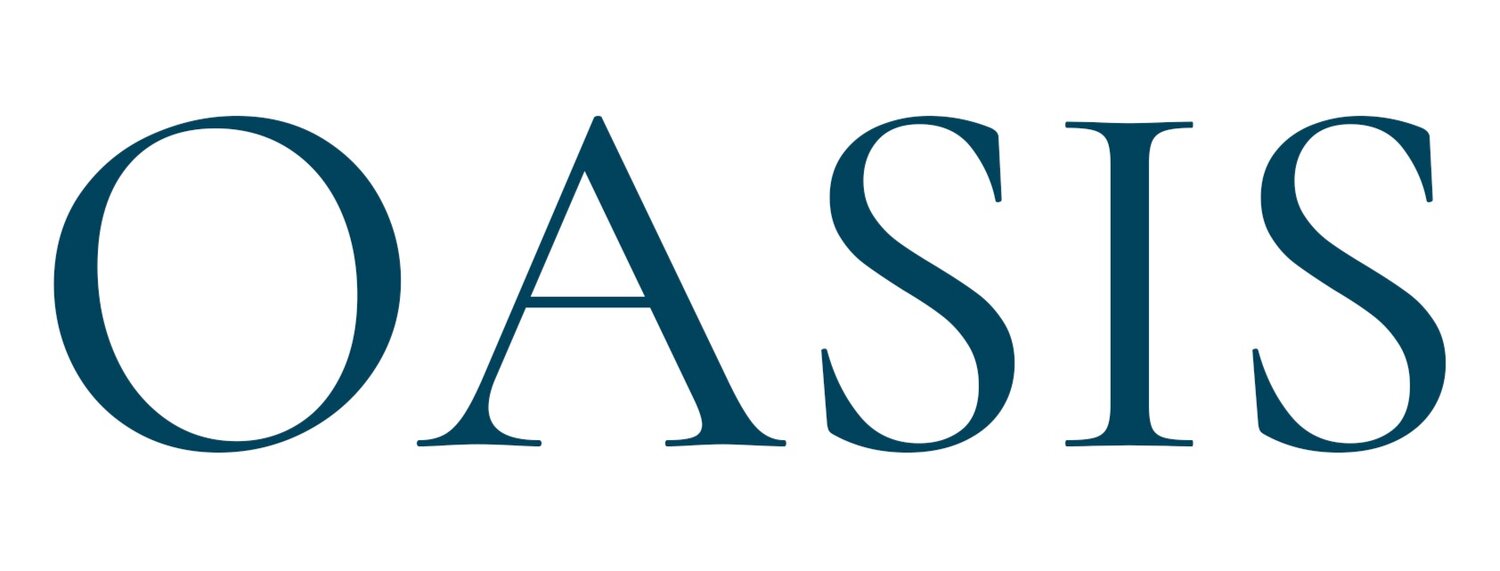
Reproductive Health Medicines Availability
Borne of its history and success with misoprostol, OASIS is working to improve access to life-saving medicines through research and analysis that inform reproductive health policies, programs and practice in the Sahel and beyond. Our comprehensive Availability Framework examines the entire life cycle of medicines, from supply chain and manufacturing to demand, distribution and end-use. OASIS partnered with the World Health Organization’s Special Programme of Research, Development and Research Training in Human Reproduction (HRP) to assess the availability of reproductive health medicines in 21 countries throughout Africa and Asia and is currently working to use the assessment findings to spur local action and change to enable women to exercise their reproductive choice.
Impact
Implementation of assessment recommendations in Rwanda contributed to the operationalization of the Penal Code and improved access to safe abortion services in 2020:
Information dissemination
Revised Ministerial Order shared at training workshops for healthcare providers in 21 of 30 districts
Youth and general public awareness campaigns designed by Rwanda Health Initiative for Youth and Women (RHIYW) and Health Development Initiative (HDI)
Amendment to the Penal Code to open up service provision to multiple cadres of providers
Petition drafted by Great Lakes Initiative for Human Rights and Development (GLIHD) submitted to the Supreme Court challenging the Medical Doctor requirement to access legal and safe abortion
Published Results
Landscape Assessment of the Availability of Medical Abortion Medicines in India, June 2024
A descriptive summary of the WHO Availability Assessments of Medical Abortion Medicines in Eight African Countries, December 2024
Country-level findings disseminated among Ministry officials, UN agencies and key implementing partners at convening meetings in: Rwanda, Zambia, Lesotho, Namibia, India

